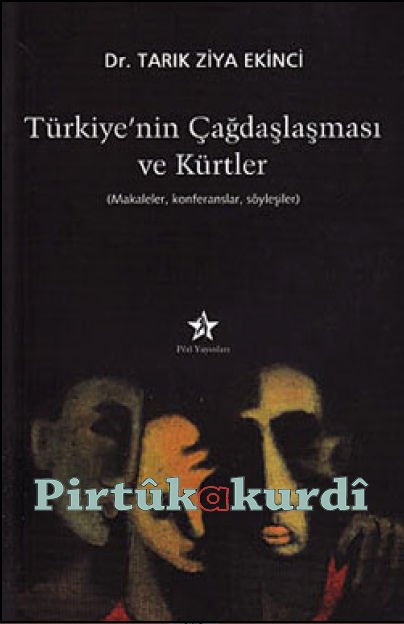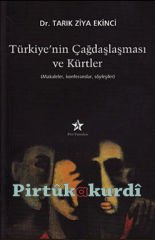
Modernization of Turkey and Kurds
Modernization is the desire to adopt the achievements of the most advanced societies in a certain period of history in science, technology, art, culture, management style, and social and ethical relations between individuals. Contemporaryization is synonymous with modernization. In today's objective conditions, the representative of contemporary civilization is the Western European countries and the European Union they created. There are three basic elements of modernization. These are the trio of industrialization, modernization in agriculture and urbanization. The basic elements of western modernization, which occurred with internal dynamics, developed in a balanced and complementary manner. In Turkey, which is the heir of Ottoman feudalism, since there was no industrial revolution, only the superstructure values of modernization in the West were adopted under the leadership of the military-civilian bureaucracy that founded the state. In the first stage, positive law rules regarding enlightenment, secularism, citizenship and nation-state concepts were adopted. Since the basic social classes that would protect and develop them had not yet been formed, the imported values were imposed on society with the power of the state. For this reason, a single-party, authoritarian and oppressive regime was implemented for many years. With the transition to the multi-party system, there was a capitalistization in agriculture that was disconnected from industrialization. With the driving effect of this junker-type capitalistization in agriculture, slums occurred instead of modern urbanization. The peasantry, which maintained its power in the rural areas, also moved to the cities. Without its infrastructure, enlightenment, especially the concept of secularism, remained unsupported. The real cause of the crisis experienced today is this distorted modernization.
Turkey's escape from this impasse is possible by establishing and gaining effectiveness of a labor-oriented political movement based on the EU perspective, which will consist of the unity of pro-democracy classes and layers that will push back the powers that dominate the state. This can only be achieved if Turkish and Kurdish intellectuals agree on a common program and act as leaders in favor of human rights and freedoms, the democratic state of law and the concept of a multicultural modern nation. It is undeniable that striving for the formation of such a movement that will change the fate of Turkey is an act of patriotism.
Dr.Tarık Ziya Ekinci
| Publisher | : | Fairy Publications |
| Number of pages | : | 336 |
| The heart | : | Turkish |


